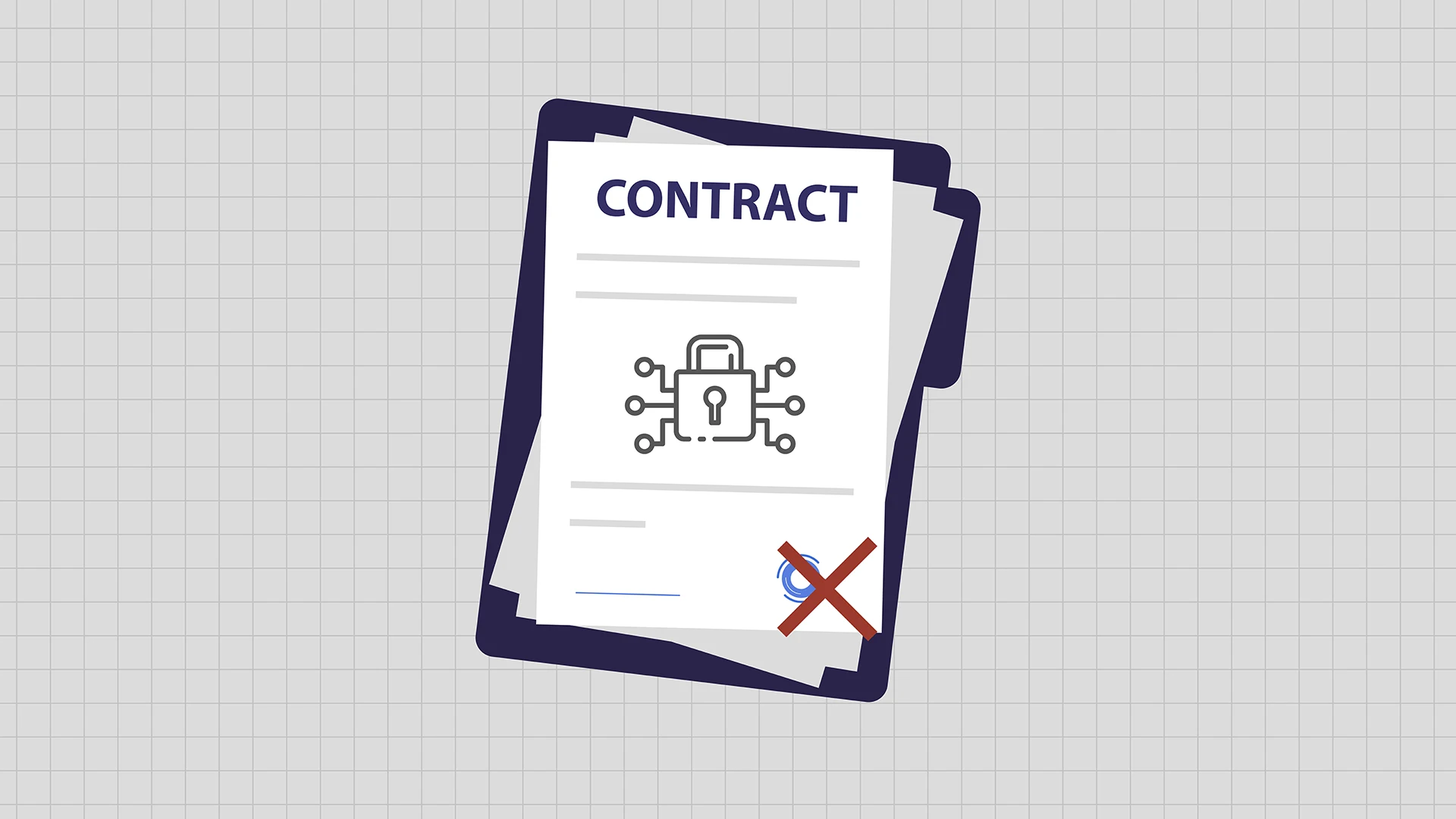Are smart contracts reversible?

If you're acquainted with blockchain technology, you've probably heard of smart contracts. Although smart contracts have been around since the 1990s, they gained prominence with the development of Ethereum. Smart contracts have been key to blockchain-cryptocurrency advances in recent years, possibly transforming businesses and lives globally.
As a result, the underlying technology renders smart contracts irreversible, which is one of its major benefits. Nonetheless, despite promises of improved security, several hacks, frauds, and monetary losses have occurred in the past. Some have proposed reversing affected smart contracts as a way of damage management. Others, though, view this as a risk to smart contracts' claim of being tamper-proof.
So, the real question is are smart contracts irreversible?
What are smart contracts?
Before we can answer the question are smart contracts reversible? we must first define smart contracts.
We now understand what blockchain-based smart contracts are, but how do they work? Smart contracts, unlike regular transactions, do not need the involvement of other parties in order to be valid. Math and algorithms, which are normally neutral, provide confidence. The smart contract may be programmed to execute all of the functions performed by the anonymous parties.
People often say that smart contracts function like vending machines. To illustrate, suppose Priya wishes to transfer Rahul 1 BTC per day from a wallet containing 10 BTC. She can do it manually, but it's a lot simpler if it's automated, which is what a smart contract does. Every day, at a certain hour, the contract may send the funds from Priya's wallet to Rahul's. Furthermore, once implemented, neither Priya nor Rahul are able to rewrite the contract conditions, thus securing both parties.
This is obviously a simplified depiction of this self-executing and self-enforcing computer protocol. If you want to delve deeper, you must look into other resources as well.
Are Smart Contracts Reversible?
Smart contracts offer enormous potential for solving the recurring flaws of traditional contracts (intermediated agreements); minimizing traditional breaches is also one of its objectives. Although the concept is solid, regular smart contracts cannot guarantee total security.
They are prone to coding mistakes, bugs, and exploits since they are algorithmic protocols. Bugs in smart contracts are very dangerous since they might result in significant financial loss. Users of Ethereum, Gate.io, and Krypton, among others, have repeatedly lost millions of dollars due to weaknesses in smart contracts. As a result, challenges related to security smart contracts are a top priority for both company owners and blockchain development firms.
Furthermore, 51% attacks endanger the immutability and dependability of a network's smart contracts. In such cases, attackers gain control of the bulk of the processing power, allowing them to modify or reverse transactions and smart contracts. Although theoretical, this is a possibility, which brings us to our main question: is it possible to reverse smart contracts?
Smart contracts are, in theory, irreversible. However, there are situations when irreversibility is questioned, supposedly for the common good. Consider the notorious DAO Attack of 2016, in which attackers stole roughly $60 million. The attack was the result of a vulerabillity in the smart contract. Nonetheless, the eventual 'solution' is more important in this context. The community decided to reverse Ethereum's transaction history prior to the breach; a hard fork was the only method to do this. In effect, although not by definition, this amounted to a reversal of Ethereum's smart contracts.
As a result, we can say that hard forks may be used to reverse smart contract outputs. As such, this is a problem for blockchain protocols.
Conclusion
Although it is possible to reverse smart contracts, the actual procedure of doing so is impractical. This renders smart contracts irreversible. Looking ahead, despite the fact that smart contracts are still in their infancy, they may have a significant impact on the reward and incentive system that governs the way individuals engage. Smart contracts are not simply about adapting old concepts and structures to new technology. Rather, the smart contract revolution will be ushered in by paradigms that we have yet to conceive.
Disclaimer: Cryptocurrencies are highly volatile and subject to market, technical, and regulatory risks. Crypto trading requires one’s own diligence, and Cryptoforce will not be responsible for any losses incurred. Any information provided here should not be regarded as Cryptoforce’s technical or financial advice.